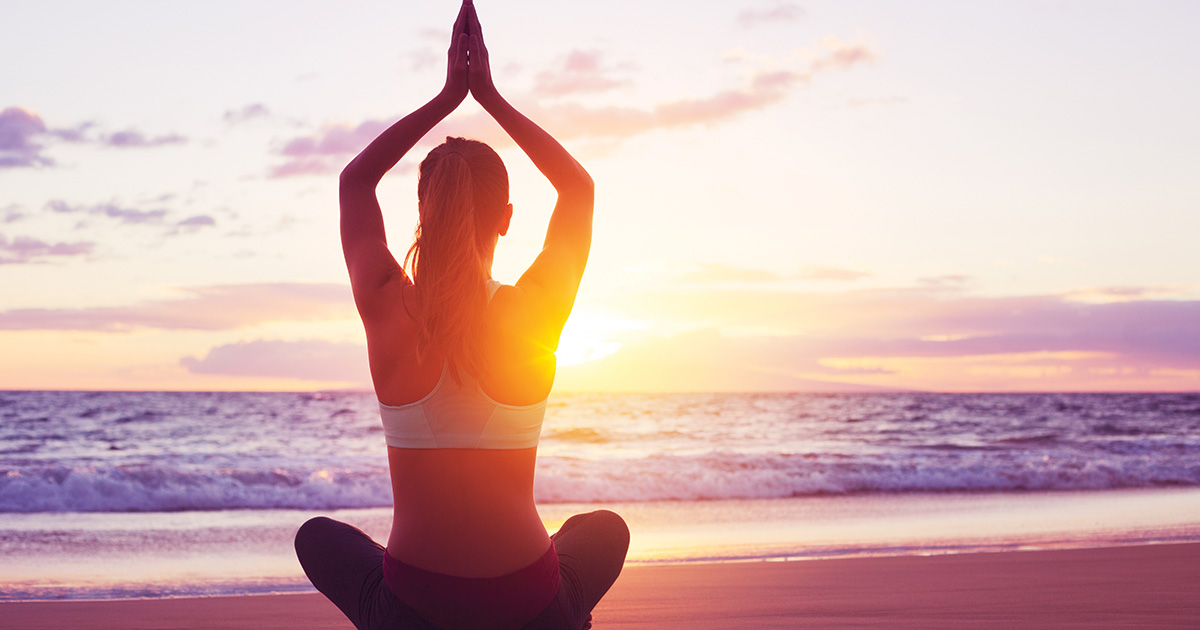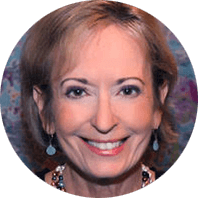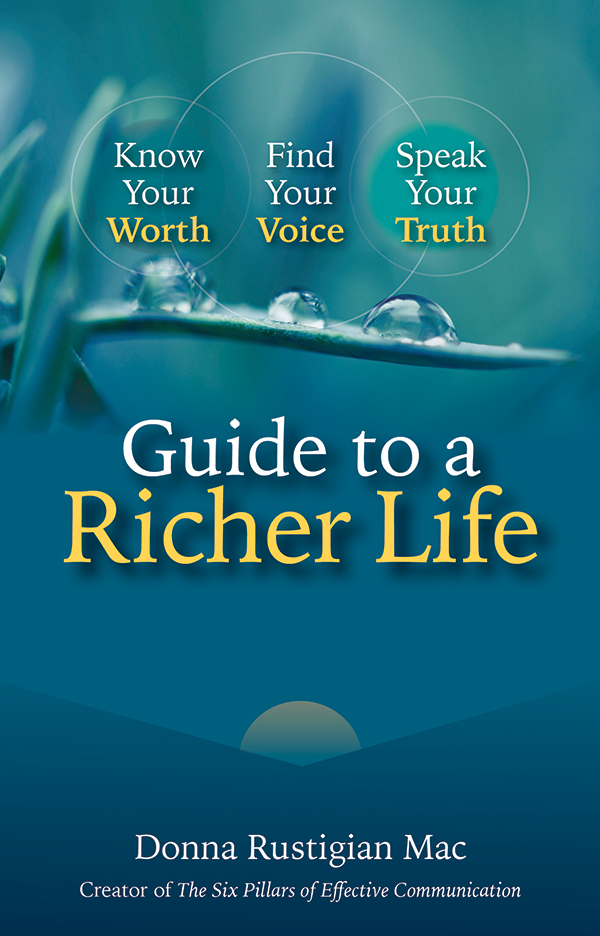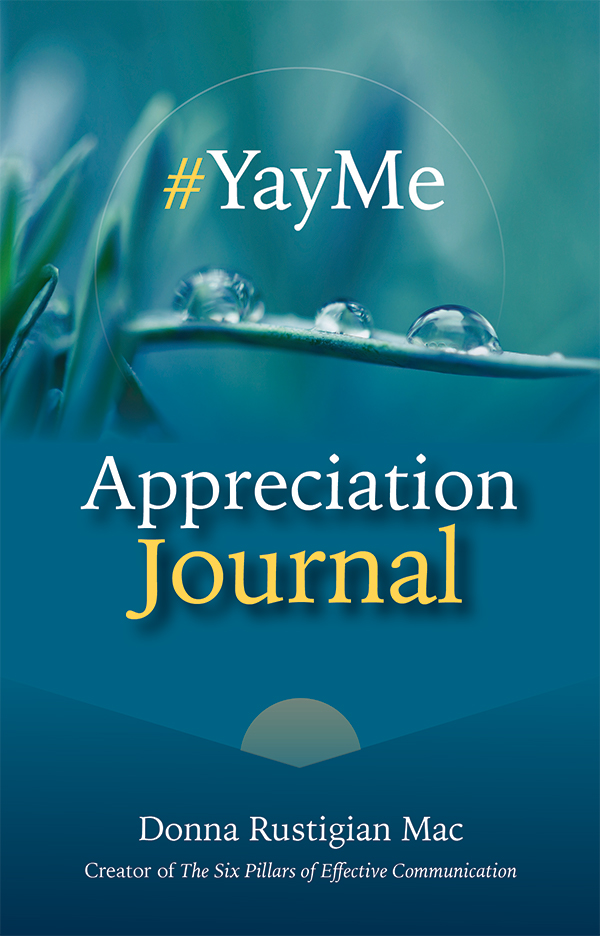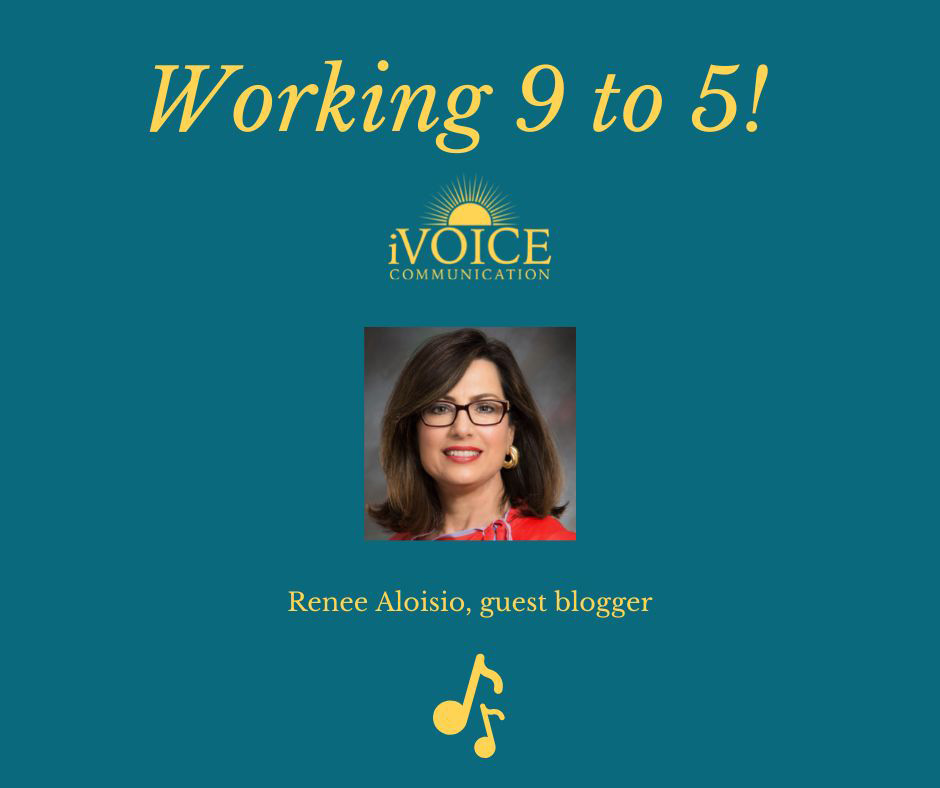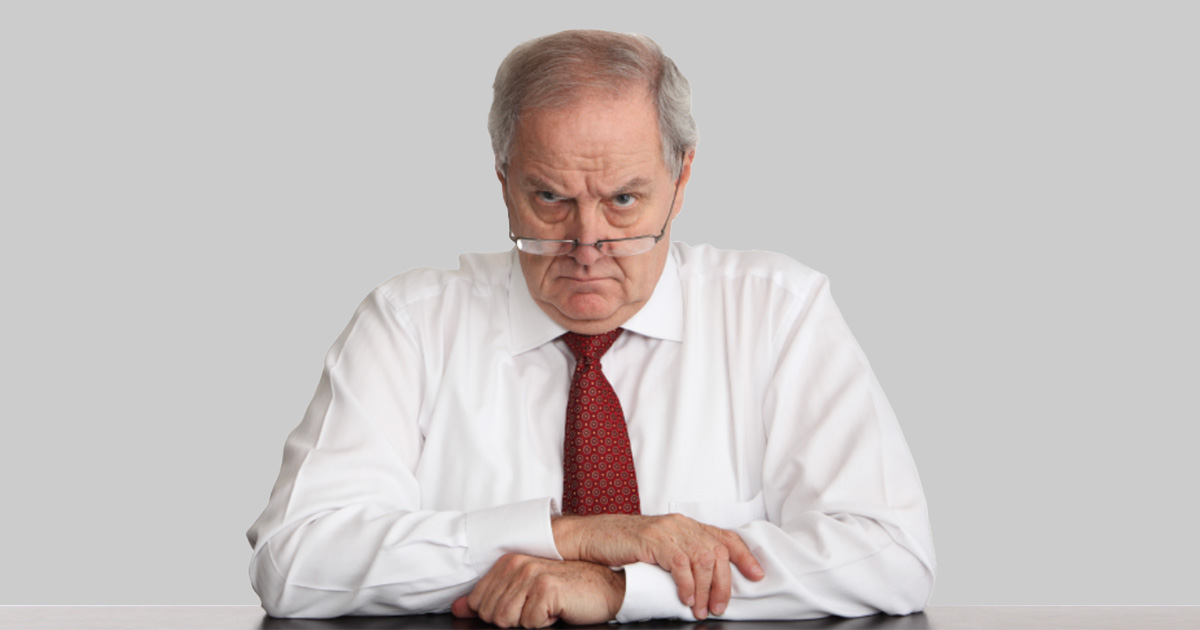This summer was pivotal for me. Not only did I rest and vacation at the beach, I also wrapped up 2.5 years studying with Dr. Judson Brewer. Since January 2020, we met almost every Wednesday for two hours. Plus, after the pandemic loosened travel restrictions, we traveled on retreat along with about 3 dozen people who were lucky enough to learn from him.
Dr. Jud is an addiction psychiatrist and neuroscientist and the former director or the Mindfulness Center at Brown University. He currently runs Mindsciences along with a small team of other brilliant and, believe it or not, down to earth, heart-centered human beings. Dr. Jud’s work fascinated me because I’ve always known that how we think is directly related with how we speak and communicate. Originally, I was compelled to sign up for his course, Mindful Habit Change, because, like most people, my life has been affected by many who have struggled with addictions.
In 2017, I decided to take a deep dive into mindfulness and became a certified mindfulness teacher. Innately, I was confident that this work would support me, personally and professionally. When I began, social media was really starting to ramp up. I noticed the time spent on Facebook and YouTube was increasing rapidly in addition to time spent emailing and texting.
I also noticed that stress and anxiety seemed to correlate with time spent online. When I pointed to this, most people denied that their time online was having any effect on them.
Sidebar: One of the biggest symptoms of addictions is denial.
Business boomed because the fear and stress of speaking had always been one of my specialties. We experience it at the podium, around the table in the boardroom, in the Zoom room, in the boss’s office….
As I continued my mindful studies, I became much better equipped to teach breathing techniques. My experience plus common sense had always told me that “your body communicates”. Now I could point to the science behind the value of attuning to how the body feels. Dr. Jud and his team often asked, “does your body feel constricted or expanded”?
If the answer is ‘constricted’ what can you do about it?
Breathe. Open your arms. Straighten the spine.
I don’t pretend to be a neuroscientist but how I loved studying the brain! I learned the basics of how the brain works; how high stress can shut down access to the prefrontal cortex (the executive part of the brain). I relearned the nuts and bolts of operant conditioning and reward- based learning (originally learned in high school/college).
Over time, it became clear to me that, in addition to drugs and alcohol, humans also have a tendency to form many ‘communication habits’. Among them: Perfectionism, procrastination, people pleasing, perseverating.
This work opened my world! Now when I have clients struggling with any of these ‘habits’, I can point to the science behind old conditioning and the way humans have been programmed to think, speak and communicate. I can also provide strategies to help them unwind these old habits while learning how to endure change and speak and communicate more effectively today, in our new, virtual, distracted business world.
It’s been a great summer. I was able to rest and continue to integrate this work into my work. While countering the effects of habits/addictions, that are permeating our society.
As I get ready to wrap up my report (blog-port?) on My MINDFUL Summer Vacation, I’ll leave you with a few facts garnered during my time with Dr. Jud.
1. Electronics and the internet are ‘weapons of mass distraction’.
2. Social media platforms have been designed to maximize addictions.
3. An addiction is an attempt to feel better quickly.
4. The first step towards breaking an addiction is awareness (the opposite of denial).
5. The relief we feel when checking our feeds is not long lasting and often make us feel
worse.
6. The addict is the only one who can decide to break his/her/their addiction.
How can someone who struggles with an addiction (from drugs to TicTok) break an old habit? Here are Dr. Jud’s suggestions. First, don’t beat yourself up. Take a breath, remain aware, then begin to contrast the implications of remaining as is, versus considering a change.
Dr. Jud says the best way to kick any habit is through “Unforced freedom of choice, derived through embodied awareness”.
Hence the importance of unplugging. To spend time both alone, and with other humans.
Sans electronics.
Which was just what I did this summer. While throwing in several trips to the beach to ride the waves. It was wonderful and I feel refreshed and recharged.

